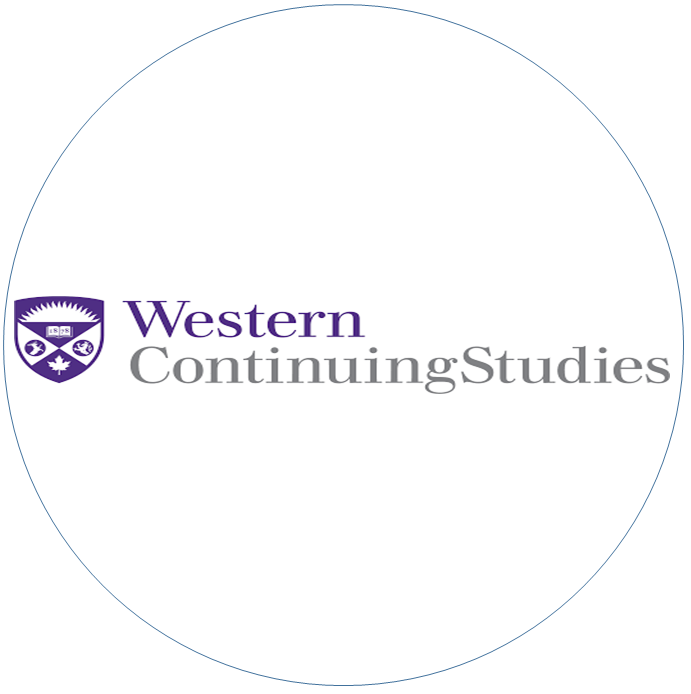• Study in Canada
Masters (MS) in Electrical Engineering in Canada- Universities, Admission Process, Eligibility, Scholarship
2629 Reads
3 min Read
MS programs in Electrical Engineering at Canadian universities not only offer an education that is high in quality but also flexibility in course structure that is rarely seen at other universities. For prospective students pursuing electrical engineering, a Master's in Electrical Engineering in Canada can provide the education and skills necessary to advance their careers.
Table of Contents
- • Why Master (MS) in Electrical Engineering in Canada?
- • Universities Offering Masters (MS) in Electrical Engineering in Canada
- • Eligibility Requirement for Masters (MS) in Electrical Engineering in Canada
- • Admission Requirements for Master (MS) in Electrical Engineering in Canada
- • Admission Process for Masters (MS) in Electrical Engineering in Canada
- • Scholarships for International Students
- • Job Opportunities for Electrical Engineers in Canada
Why Master (MS) in Electrical Engineering in Canada?
Universities Offering Masters (MS) in Electrical Engineering in Canada
| University/ College | Program Name | Course of Study |
| University of Victoria | • Master of Applied Science in Electrical and Computer Engineering (Co-op Optional) (Thesis based) • Master of Engineering in Electrical Engineering is Course based. | Electrical engineering NOTE-Co-op is always paid internships by universities related to a degree. Know more about about Co-op Work Permit |
| Lakehead University | • Master of Science in Electrical and Computer engineering (Course-based) • Master of Science in Electrical and Computer Engineering (Thesis- Based) | Electrical engineering |
| University of Windsor | Master of Engineering in Electrical and Computer Engineering (Co-op Optional) | Electrical Engineering |
Eligibility Requirement for Masters (MS) in Electrical Engineering in Canada
Admission Requirements for Master (MS) in Electrical Engineering in Canada
Admission Process for Masters (MS) in Electrical Engineering in Canada
Scholarships for International Students
| Scholarships | Eligibility |
| University of Windsor | • It is based on a student’s best six final and interim grade 12 courses. • Those who have achieved academic excellence are considered for automatic entrance scholarships, regardless of their chosen program. |
| Lakehead University (International Graduate Scholarships - Graduate Assistantships) | • It may be offered to some full-time graduate students at the master’s level. • A graduate student can hold a maximum of two full-time Graduate assistant appointments at the master’s level. |
Job Opportunities for Electrical Engineers in Canada
Conclusion
Also read: Study Tips for Students studying in Canada
FAQ
Get great articles direct to your inbox
The latest news, articles, and resources, sent straight to your inbox every month.
Popular Universities to Study Abroad
World class education waiting for you.

Study Group - The University of Sheffield international College
England, UK • 285 Programmes
Tuition Fee : GBP 20000-22000 / year

Global University Systems (GUS) - Berlin School of Business and Innovation - Hamburg Campus
Hamburg, Germany • 22 Programmes
Tuition Fee : EUR 11000-11000 / year




New Brunswick Community College - St. Andrews Campus
New Brunswick, Canada • 24 Programmes
Tuition Fee : CAD 10500-11000 / year
.webp)
Conestoga College - Stratford Campus
Ontario, Canada • 6 Programmes
Tuition Fee : CAD 14000-14500 / year

Illinois Eastern Community Colleges - Wabash Valley College Campus
Illinois, USA • 15 Programmes
Tuition Fee : USD 11500-12000 / year
Popular English Language Proficiency Exams
Blogs and Articles
Curated content to keep you updated on the latest education trends, news and more.
Updated on • Jul 17,2025 05:33 PM IST • USA
PTE Accepted Universities in Australia
Updated on • Jul 17,2025 05:09 PM IST • PTE
Part-Time Jobs for International Students in Australia
Updated on • Jul 17,2025 03:44 PM IST • Australia
Updated on • Jul 12,2025 04:02 PM IST • USA
Updated on • Jul 11,2025 11:32 AM IST • Education
CPT vs OPT: Meaning, Difference, and How to Apply
Updated on • Jul 11,2025 10:40 AM IST • USA
Masters in Computer Science in UK: Top Colleges, Eligibility, Scholarships
Updated on • Jul 10,2025 11:29 AM IST • study in the UK
Highest Paying Jobs in the World
Updated on • Jul 08,2025 01:40 PM IST • Study Abroad
MBA in Australia for Indian Students: Best Universities, Requirements, Scholarship, Courses, Jobs
Updated on • Jul 08,2025 01:35 PM IST • Australia
Canada vs Australia: Which Country is Better for Indian Students in 2025?
Updated on • Jul 07,2025 12:46 PM IST • Education
France vs Germany: Which Is Better for International Students?
Updated on • Jun 30,2025 05:15 PM IST • Education
Top 10 Agricultural Universities in USA
Updated on • Jun 27,2025 05:25 PM IST • USA
Most In-Demand Future Careers in 2025
Updated on • Jun 26,2025 04:41 PM IST • Education
How Much Do Nurses Make in the U.S.?
Updated on • Jun 23,2025 03:59 PM IST • USA
Updated on • Jun 21,2025 02:00 PM IST • USA
MBA in UK: Universities, Eligibility, Types, and Career Opportunities
Updated on • Jun 19,2025 04:09 PM IST • UK • study in the UK
Scholarships in France for Indian Students
Updated on • May 29,2025 05:22 PM IST • France
Intakes in Dubai for Indian Students
Updated on • May 27,2025 03:34 PM IST • Study in Dubai
France Student Visa 2025 – Requirements, Fees, Checklist & Application Process
Updated on • May 23,2025 03:36 PM IST • France
MBA in France for Indian Students in 2025
Updated on • May 22,2025 05:35 PM IST • France
Related Blogs and Articles
A little effort to provide an authentic and reliable content for keen readers!!
Updated on • 22-05-2025 • Study in Canada
Job Opportunities in Canada for Indians: Salaries, Best Job Sites & More
Updated on • 20-05-2025 • Study in Canada
Updated on • 24-01-2025 • Study in Canada
Canada Student Visa Interview Questions
Updated on • 23-01-2025 • Study in Canada
Updated on • 15-01-2025 • Study in Canada
September/Fall Intake Canada 2025: Timeline, Universities & Admission Requirements
Updated on • 03-01-2025 • Study in Canada
Updated on • 02-01-2025 • Study in Canada
Life in Canada as an Indian Student
Updated on • 26-12-2024 • Study in Canada
Timeline for Winter (January) Intake in Canada 2025
Updated on • 21-12-2024 • Study in Canada
Updated on • 05-12-2024 • Study in Canada
Best Cities to Study in Canada
Updated on • 21-11-2024 • Study in Canada
Bachelor of Architecture in Canada
Updated on • 13-11-2024 • Study in Canada
Canada Study Visa - Fee, Requirements, How to Apply & More
Updated on • 05-10-2024 • Study in Canada
Study intakes in Canada - Fall, Winter & Summer
Updated on • 03-10-2024 • Study in Canada
Letter of Recommendation (LOR) for Canada: University Requirements, Sample and Writing Tips
Updated on • 26-09-2024 • Study in Canada
New Rules & Regulations in Canada for International Students
Updated on • 31-08-2024 • Study in Canada
Public Transportation in Canada for International students
Updated on • 29-08-2024 • Study in Canada
Healthcare in Canada for international students
Updated on • 27-08-2024 • Study in Canada
Courses in Canada for International Students
Updated on • 10-08-2024 • Study in Canada
Top PG diploma Colleges in Canada - Courses, Eligibility & More
Updated on • 06-08-2024 • Study in Canada












